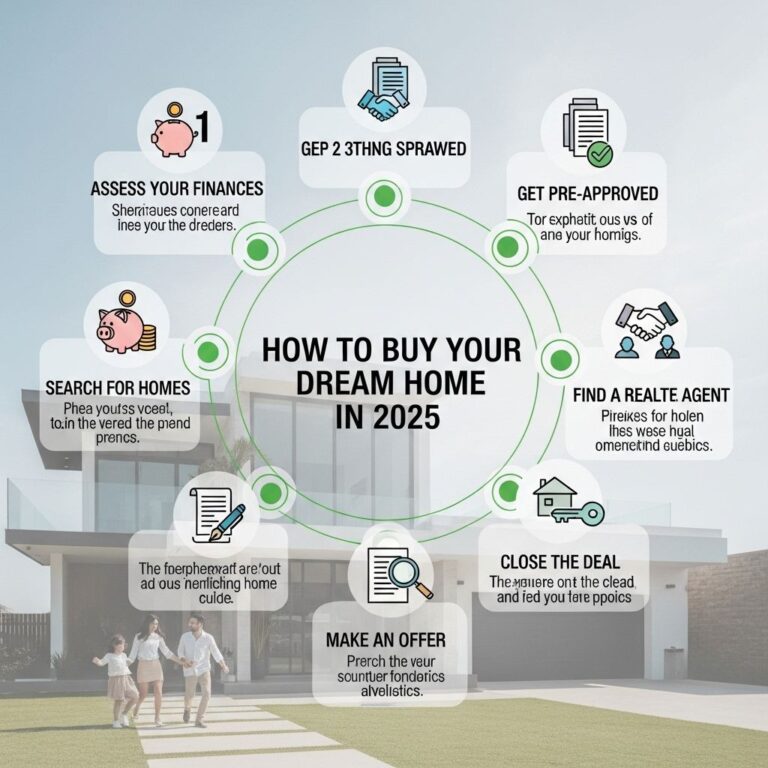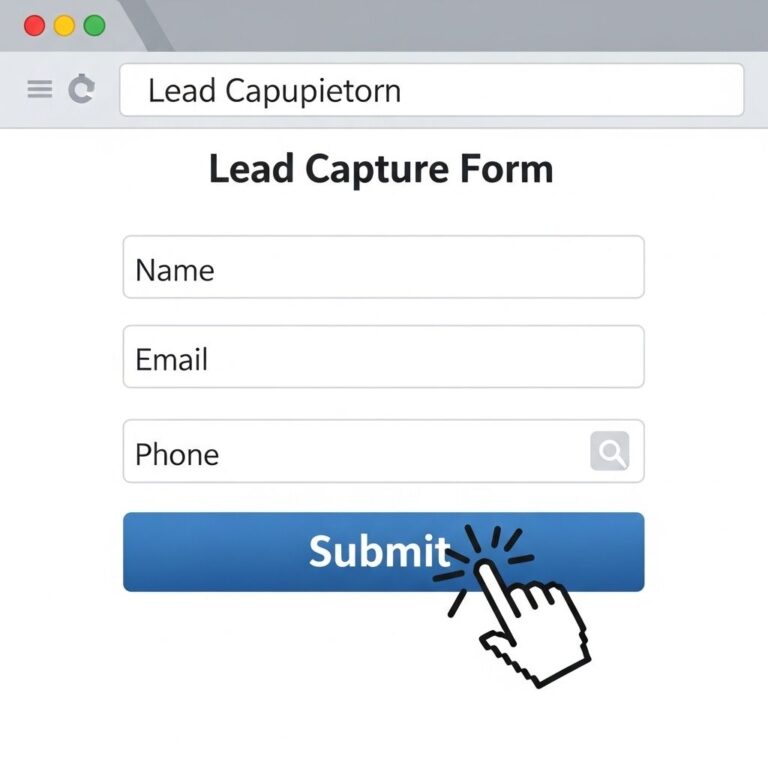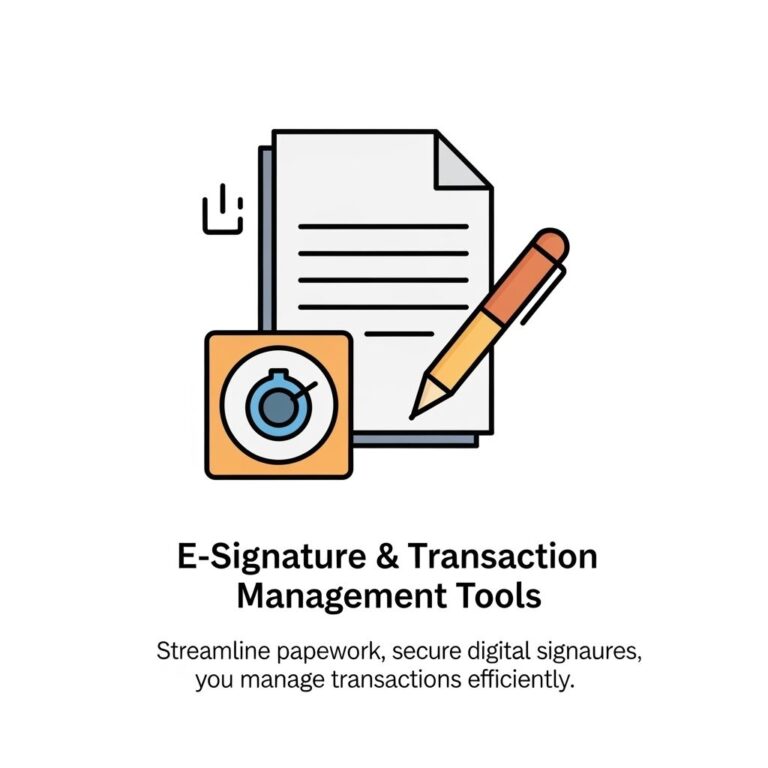Flipping properties can be an incredibly lucrative venture for those willing to navigate the complexities of real estate. Whether you are a seasoned investor or a newcomer, understanding the ins and outs of property flipping is essential for success. This article will delve into the critical elements that contribute to successfully flipping properties and making a significant profit.
Table of Contents
Understanding the Property Flipping Process
Flipping properties typically involves purchasing a property at a lower price, renovating it, and then selling it at a higher price within a short timeframe. This process requires strategic planning and a keen understanding of the real estate market. Below are the essential steps involved in flipping properties:
- Market Research: Identify profitable markets and neighborhoods.
- Financing: Secure funding through personal savings, loans, or investors.
- Property Acquisition: Find undervalued properties that have potential.
- Renovation: Improve the property to increase its market value.
- Marketing: List the property and attract potential buyers.
- Sale: Close the deal and ensure a profitable return.
Market Research: The Foundation of Success
Before diving into property flipping, conducting thorough market research is crucial. Understanding local market trends, housing prices, and buyer demographics can provide insights into where to invest. Key considerations include:
Neighborhood Trends
- Crime rates
- School ratings
- Access to amenities
- Future development plans
Analyzing Comparable Sales (Comps)
Investors should look at recently sold properties in the targeted area to gauge market value. A comparative market analysis (CMA) can give you a clearer picture of what buyers are willing to pay, which directly affects your buying price and desired profit margin.
| Property Address | Sale Price | Square Footage | Days on Market |
|---|---|---|---|
| 123 Main St | $250,000 | 1,500 | 30 |
| 456 Maple Ave | $300,000 | 1,800 | 45 |
| 789 Oak Dr | $275,000 | 1,600 | 20 |
Securing Financing for Your Investment
Once you have identified a lucrative market, the next step is to secure financing. Various options are available to investors:
Types of Financing
- Conventional Mortgages: Traditional loans through banks or credit unions.
- Hard Money Loans: Short-term loans secured by the property, often with higher interest rates.
- Private Investors: Raising funds from friends, family, or business partners.
- Home Equity Loans: Using equity from your current home to finance the flip.
Creating a Budget
Draft a detailed budget that includes:
- Purchase price
- Renovation costs
- Closing costs
- Holding costs
- Marketing costs
Be sure to leave a buffer for unexpected expenses, as these can significantly impact your profit margins.
Finding the Right Property
Searching for a property to flip can be challenging. Here are some tips for finding the right investment:
Where to Look
- Online Listings: Websites like Zillow, Realtor.com, and local MLS listings.
- Real Estate Auctions: Properties sold at auction can sometimes be acquired below market value.
- Foreclosures and Short Sales: Distressed properties may offer excellent deals.
- Networking: Build relationships with real estate agents, wholesalers, and other investors.
Executing Renovations Effectively
Once you have acquired a property, renovations must be executed strategically. Focus on improvements that yield the highest returns:
High-Impact Renovations
- Kitchen Remodelling: Updated appliances, cabinets, and countertops.
- Bathroom Upgrades: Modern fixtures and finishes.
- Curb Appeal: Landscaping and exterior improvements to attract buyers.
Choosing the Right Contractors
When hiring contractors for renovations, consider the following:
- Check references and past work.
- Get multiple quotes to ensure competitive pricing.
- Ensure they are licensed and insured.
Effective Marketing Strategies
Once renovations are complete, marketing your property effectively is critical to attracting buyers. Consider these strategies:
Online Listings
Utilize real estate websites and social media platforms to reach a wider audience. High-quality photos and virtual tours can significantly enhance your listing.
Open Houses
Organizing open houses allows potential buyers to walk through the property, creating a personal connection. Make sure the house is clean, well-lit, and staged for maximum appeal.
Working with a Real Estate Agent
A knowledgeable agent can provide invaluable insights and connections, helping you sell the property quickly and at the desired price.
Closing the Sale
After finding a buyer, the closing process begins, which can be complex. Here are key points to remember:
Understanding Closing Costs
Be prepared for closing costs, which may include:
- Title insurance
- Transfer taxes
- Escrow fees
- Real estate agent commissions
Negotiating Offers
Evaluate offers carefully and be prepared to negotiate terms that work in your favor. Understanding the current market and having a clear view of your bottom line can help in this process.
Conclusion
Flipping properties requires a combination of market knowledge, financial acumen, and hands-on experience. By understanding the entire process, from researching the market to closing the sale, you can flip properties like a pro. Always stay aware of market trends and be ready to adapt your strategies as necessary. With dedication and the right approach, property flipping can be a rewarding venture.
FAQ
What is property flipping?
Property flipping involves buying a property, renovating it, and then selling it quickly for a profit.
How do I find the best properties to flip?
Look for distressed properties in desirable neighborhoods, attend foreclosure auctions, and network with real estate agents.
What are the key steps to successfully flip a house?
Key steps include researching the market, securing financing, purchasing the property, renovating wisely, and marketing effectively.
How much should I budget for renovations?
Budgeting varies, but a general rule is to allocate 10-15% of the purchase price for renovations to maximize your return.
What are the risks associated with flipping properties?
Risks include market fluctuations, unexpected renovation costs, and potential difficulty selling the property.
Is it necessary to hire a real estate agent when flipping properties?
While not mandatory, hiring a real estate agent can provide valuable market insights and help with negotiations.









